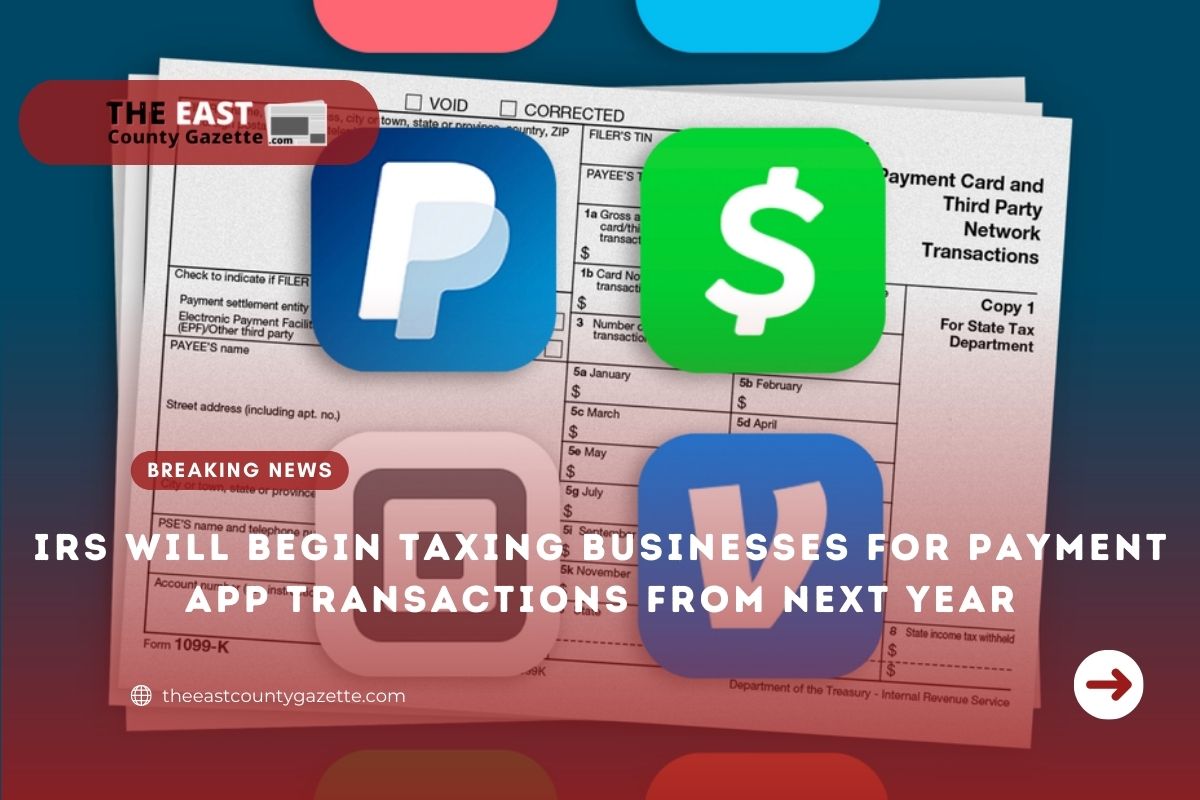We use apps like Venmo, PayPal, and Cashapp frequently, however, the IRS is cracking down on them now.
Up until now, the IRS issued 1099s to businesses that had made at least 200 sales and had received $20,000 in gross payments.
This will all change on January 1, 2022.
Payment apps will be required to report to the IRS any gross business payments over $600 starting January 1, 2022.
According to legislation — the American Rescue Plan — passed earlier this year, the plan targets unreported, taxable income.
“People are probably reading this and saying, ‘oh my goodness, I sent Venmo to my roommate. We pay for dinner. Is this going to affect me aks an individual?’ No, it should not because this is only going to be for a business,” Music City CPA Will Haeberle said. “The big picture is they want to close a loophole for businesses that are not reporting their gross sales.”
This shouldn’t affect businesses that already track their income and expenses.
Simply double-check all your figures and keep track.
Read More: Texas Doctor Wrongly Supporting Vaccine Mandates & Ivermectin Treatment Suspended
The Future of Business lies with Payment Apps
You may be asked to provide your Employer Identification Number (EIN), Individual Tax Identification Number (ITIN), or Social Security Number (SSN) within the next few months so that companies like PayPal, Zelle, or Cash App can properly report your transaction information on your Form 1099-K.
Payments made with credit cards and online payments will be included in your Form 1099-K.
Any income you receive from your taxable transactions listed on your Form 1099-K must be reported on your tax return.

